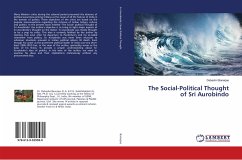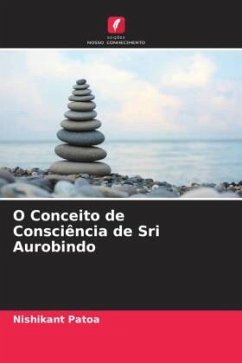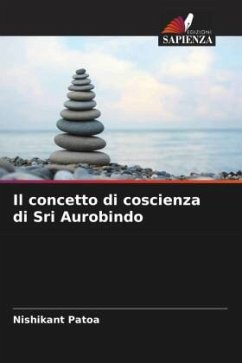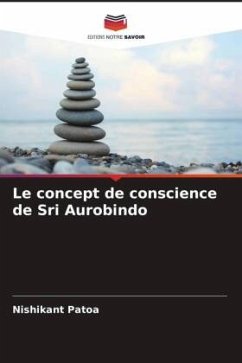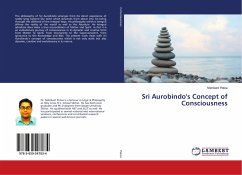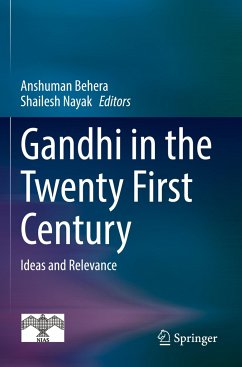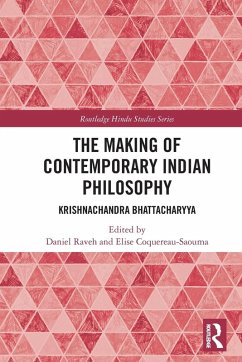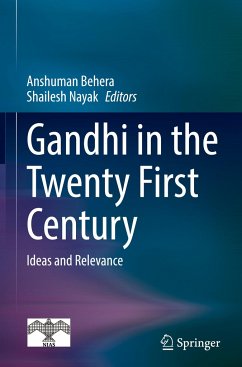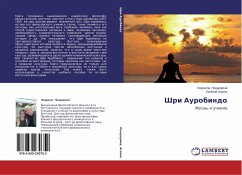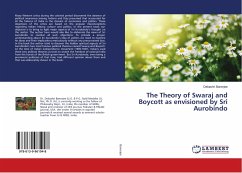
The Theory of Swaraj and Boycott as envisioned by Sri Aurobindo
Versandkostenfrei!
Versandfertig in 6-10 Tagen
47,99 €
inkl. MwSt.

PAYBACK Punkte
24 °P sammeln!
Many Western critics during the colonial period discovered the absence of political awareness among Indians and they presumed that accounted for all the failures of India in the domain of economics and politics. These objections of the critics are based on the popular misconceptions regarding Indian history, culture and politics. In the present book our objective is to bring to light major aspects of Sri Aurobindo's thought on the matter. The author here would also like to elaborate the views of Sri Aurobindo to combat all such objections. To provide a proper understanding about Sri Aurobindo'...
Many Western critics during the colonial period discovered the absence of political awareness among Indians and they presumed that accounted for all the failures of India in the domain of economics and politics. These objections of the critics are based on the popular misconceptions regarding Indian history, culture and politics. In the present book our objective is to bring to light major aspects of Sri Aurobindo's thought on the matter. The author here would also like to elaborate the views of Sri Aurobindo to combat all such objections. To provide a proper understanding about Sri Aurobindo's idea of politics we need to examine his ideas and their implications meticulously without any preconceived bias. In this book the author tried to discover the hidden spiritual aspects of Sri Aurobindo's two most famous political theories named Swaraj and Boycott. At the time of Indian independence movement (1905-1947), Indians used these two political theories as tools to snatch the freedom of colonial India from the hands of the British government. But Sri Aurobindo, even being a prominent politician of that time, had different opinion about them and that was elaborately shown in the book.



